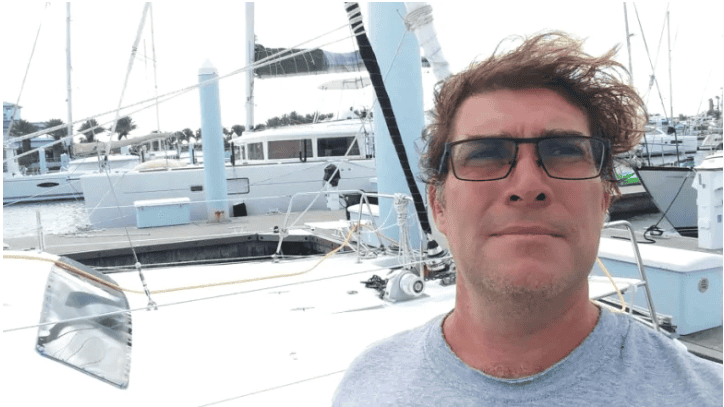
The Category 5 storm slammed into the Bahamas Sunday afternoon
Canadians living in Florida are bracing for Hurricane Dorian as the monster storm pummels the Bahamas with catastrophic force.
The U.S. National Hurricane Center says the arrival of Dorian poses “a life-threatening situation,” with hazards that will cause “extreme destruction.”
Winds have been clocked at 285 km/h, but at times reached gusts of more than 354 km/h.
Global Affairs Canada is advising Canadians to avoid all travel to the U.S. east coast, from north of Deerfield Beach in Florida to the South Santee River in South Carolina, and to also avoid all travel to the Bahamas, where the storm surge Sunday was between five and seven metres due to Hurricane Dorian.
Sunday’s forecasts suggested that the Category 5 storm may not smash into the Florida coast, as was previously feared, but instead churn away off-shore.

Nevertheless, Julie Lavoie was scrambling Sunday to secure her home in West Palm Beach., Fla., from the hurricane.
The former Gatineau, Que., resident moved to the Sunshine State in 2007 to pursue a real estate career.

She spent Sunday boarding up her windows and moving her outdoor furniture — which wind gusts could turn into projectiles — into her house.
Lavoie says she hasn’t been ordered to leave and isn’t confident in the forecasts. She says residents have been highly anxious over the past few days because the predicted location where Dorian will make landfall has changed several times.
“Where are you going to go? Two years ago [during Hurricane Irma] they told people to go to the west coast. And the hurricane hit on the west,” said Lavoie.
“There is a lack of gas. Do you want to ride out the storm in the middle of nowhere?”
Instead, Lavoie said she’s planning to hunker down in her house. She has stockpiled nearly 20 litres of water and several large jerry cans of gas for her generator.
‘Spooky’ quiet in resort town
Just a short drive up the Florida coast, Sean Stinson is literally battening down the hatches.
The 45-year-old London, Ont., man has been living on his catamaran in the community of Riviera Beach since retiring two years ago.
With most of the tourists gone, a “spooky” quiet has descended on the resort town, Stinson said.
Most of the boat owners he knows have left to seek shelter in the Florida Everglades in the southern tip of the state’s panhandle.
Stinson says he didn’t go because he’s concerned Hurricane Dorian could turn unexpectedly, and if it hit the Everglades, it would be difficult for emergency resopnders to reach him.

Instead, Stinson spent Sunday moving his catamaran away from other vessels and tying it as securely as he could to the concrete dock.
He admits it’s not much of a guarantee against the unpredictable nature of a storm that’s being labelled the strongest hurricane in modern times.
“If we get surge over eight feet here … the floating docks will come off the top. And they’re all concrete, so there will be floating pieces of concrete with boats attached to them,” Stinson said.
“And you can speculate what will happen from there.”
Stinson is going to wait out the storm at a friend’s home which should withstand a “moderate hurricane.” He’s taking a risk, hoping that after battering the Bahamas, Dorian will pull some of its punches.
Fleeing the storm
Dorian made landfall in the Bahamas at 12:40 p.m. Sunday, where Daniel Arty’s parents had been visiting relatives on Abaco Island.
The Montreal resident received a steady barrage of video texts from his parents Sunday morning as they fled the storm. They showed ocean water sweeping through village streets and gas station canopies bending in the wind.
Arty was initially unable to confirm his parents made it to safety, but found some comfort several hours later through second-hand news.
“My little brother told me he talked to my dad, but he hasn’t gotten word back if he has evacuated. But he heard my mom got out,” Arty said.


